
February is an ideal time for us all to remember, reflect and renew our resolve to take action improving Black lives. This month, a GPH has curated a list of ten Black public health innovators from the past and the present, who have improved lives within and beyond the Black community. Join us in celebrating and honoring the excellence of these ten contributors and their impact on public health around the world.
Mary Eliza Mahoney (1845-1926)
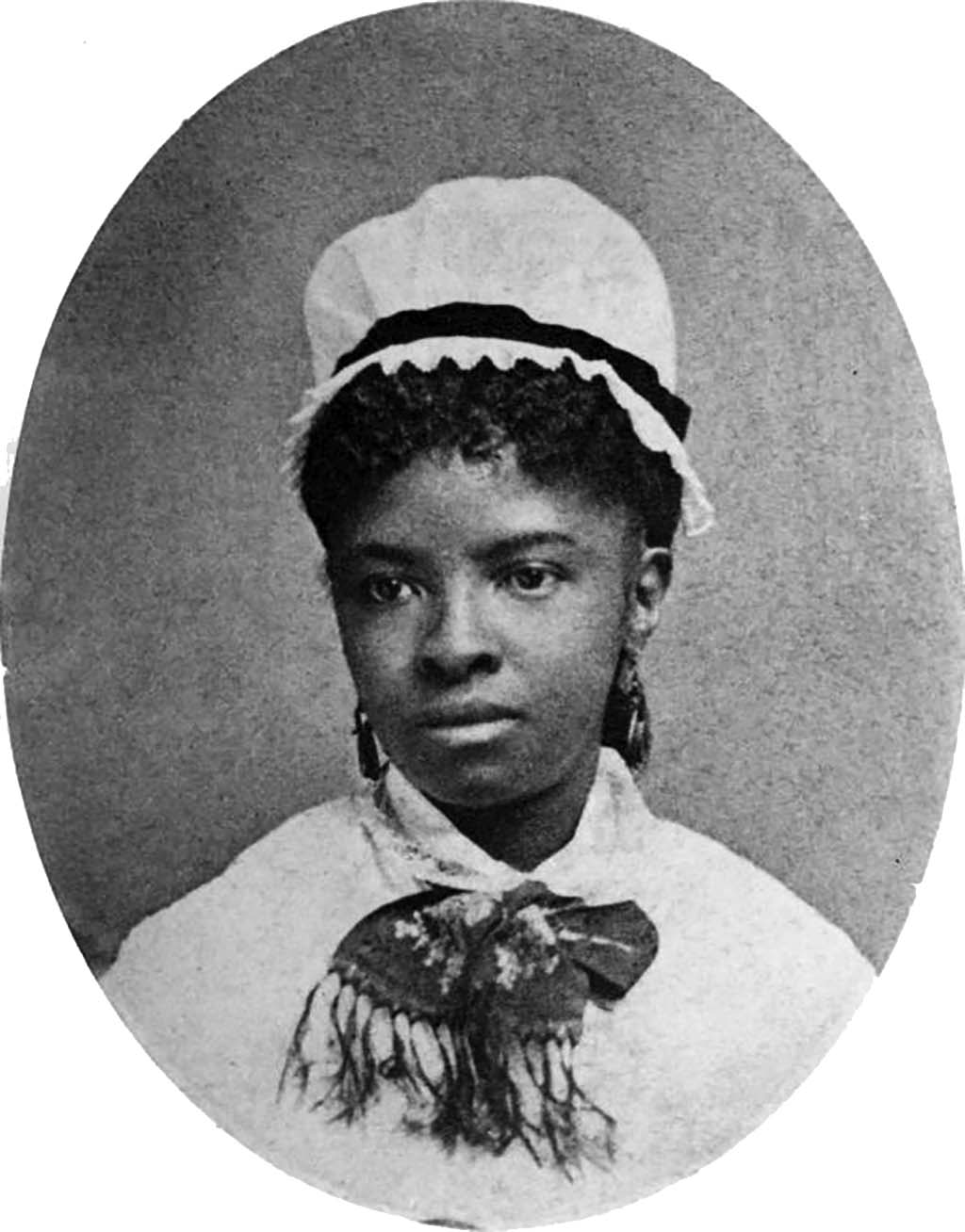
The eldest of three children, Mary Eliza Mahoney was born in Dorchester, Massachusetts to previously enslaved parents who migrated North from North Carolina to escape the racially discriminatory and violent South. She worked at the New England Hospital for Women & Children (NEHWC), which was exceptional due to being staffed entirely by women physicians. For nearly 15 years Mahoney served in a variety of support roles: as janitor, cook, washer-woman and as a nurse’s aide.
In 1876, at the age of 33, Mahoney was one of 42 students admitted to the NEHWC’s rigorous nursing program, and in 1879 was one of only four students to complete the rigorous, 16-month program -- making her the first African American woman to become a registered nurse. After graduating, Mahoney went on to become an active member of the nursing profession, particularly in lobbying to desegregate the field. She is most notably known for co-founding the National Association of Colored Graduate Nurses. Today, Mary Eliza Mahoney continues to be recognized for her professional reputation and dedication to women’s rights.
Sir Kenneth Livingstone Standard, PhD (1920 - 2004)
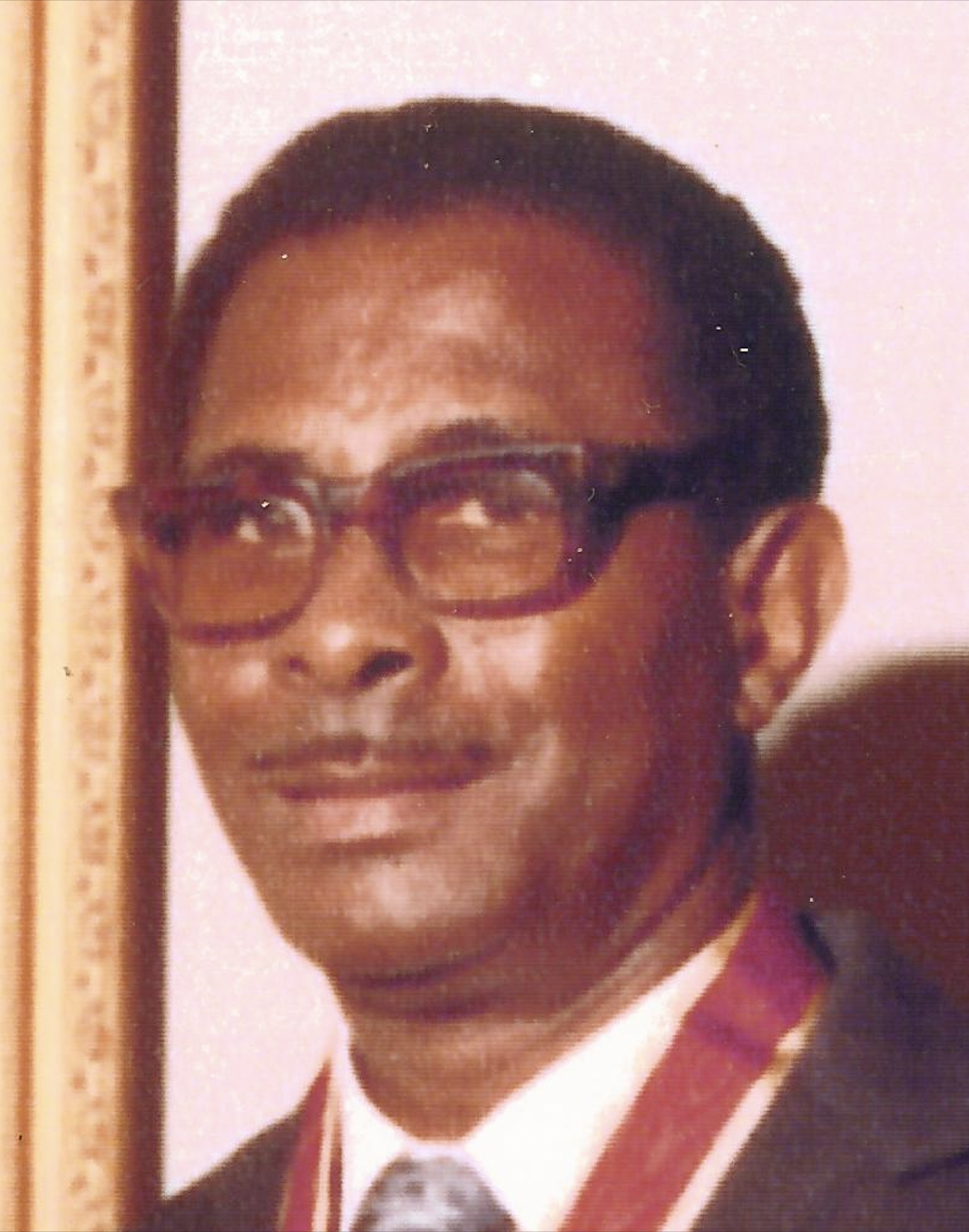
Born in Barbados, Sir Kenneth Livingstone Standard pioneered the teaching of public health in the Caribbean. He started academic programs at the University of the West Indies: in public health for physicians and in community health for non-physicians. He also introduced community medicine to the undergraduate curriculum, and developed a community health aides program for the Ministry of Health in Jamaica.
Professor Standard was the founding president of the Caribbean Public Health Agency, greatly influencing public health in Caribbean countries. He explored alternatives to the delivery of health care within the constraints of limited resources by using community health aides as auxiliary members of the health team. And throughout his career, he made significant regional and global contributions as a consultant to the Pan American Health Organization and the World Health Organization.
Sherman James, PhD
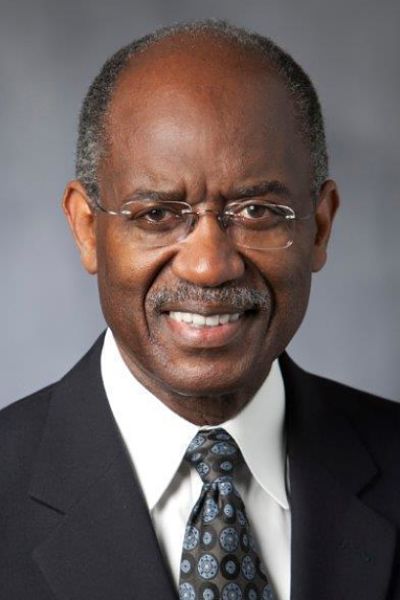
An epidemiologist and health researcher, Sherman James coined the term “John Henryism,” which attributes the premature deaths of African Americans to prolonged exposure to the stresses of discrimination and racism. The name of his hypothesis is based on the American folk hero, John Henry, the Black “steel-driving man” circa 1870. John Henry was purported to have raced against a steam-powered, rock-drilling machine, and he won -- but he died from the effort.
Sherman James saw an analogy in that story to the condition of modern African American men, and he conducted a study in 1983, polling Southern, working-class African American men about the degree to which they felt they could control their environment with hard work and dogged determination -- in spite of the debilitating effects of racism. James concluded, among other things, that the relatively shorter lifespan of African American men had much less to do with genes than with the social environment in which they lived. This theory helped shape today’s continuing discussion about the role of the social determinants of health in affecting African American health.
Fannie Lou Hamer (1917 - 1977)
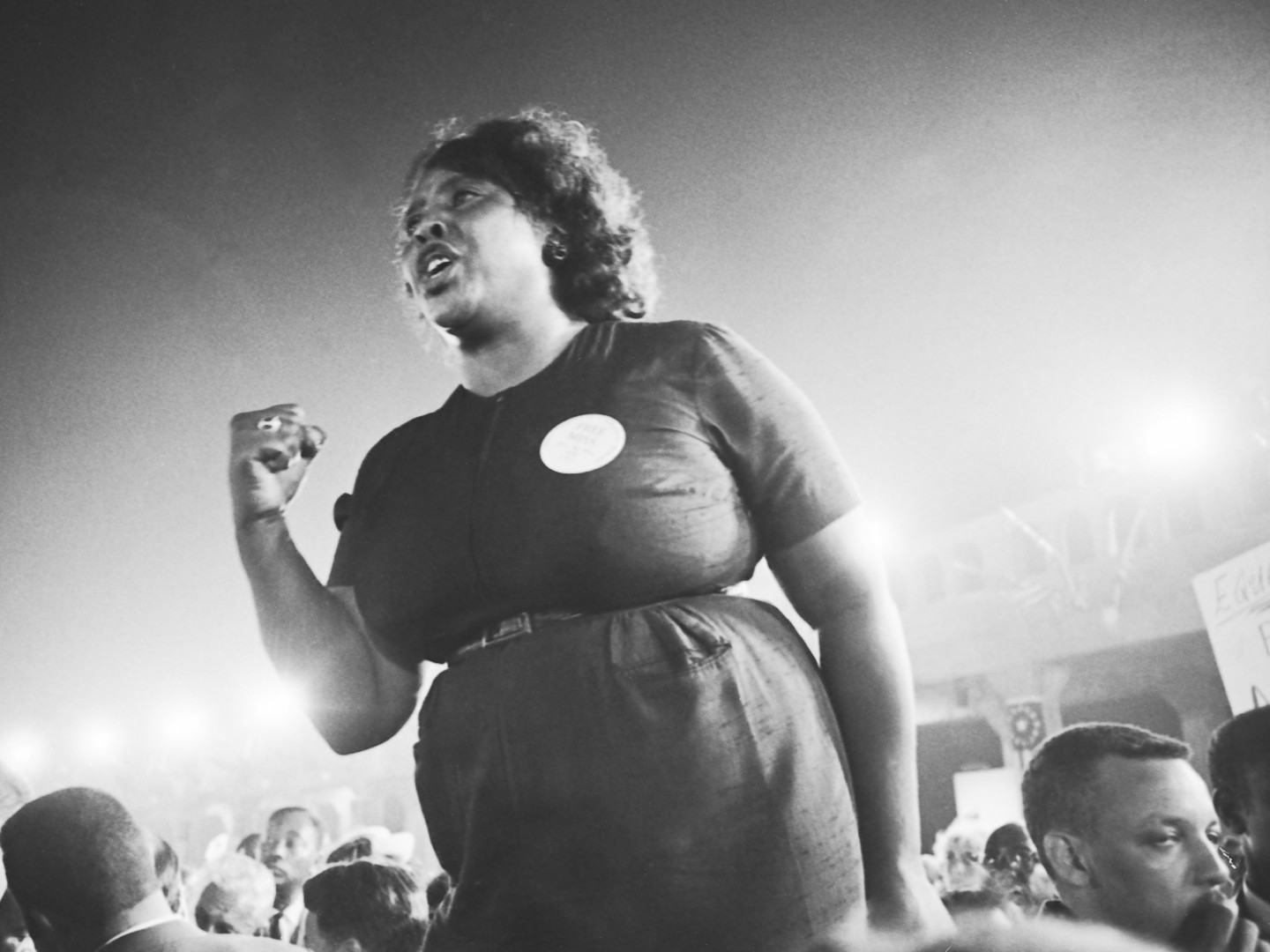
A civil rights activist, feminist, and community organizer, Fannie Lou Hamer was born into poverty in racially-segregated Mississippi. The 20th child of sharecroppers, picking cotton at age six and forced to leave school at 12, she worked on a plantation until she was 45 alongside her husband, Perry Hamer, under the racist Jim Crow laws.
In 1961, Hamer checked into a hospital for minor surgery, but became the victim of a “Mississippi appendectomy,” a term for the common practice of forced sterilization (complete hysterectomy) perpetrated by the medical profession on unknowing African American patients, in order to control the birthrate of African Americans. The forced sterilization set Hamer on a life-long path of activism in the areas of health, civil rights and voting rights.
Hamer famously stated that she was “sick and tired of being sick and tired.” Her words were recorded and televised, which had a major impact on the national discussion at the time of racism and the unequal health conditions of African Americans. Her contributions also helped spur the eventual passage of the 1965 Voting Rights Act and the Social Security Act Amendments, popularly known as the Medicare bill.
Kizzmekia Corbett, PhD

Dr. Kizzmekia Corbett was the scientific lead and the only African American woman on a team at the U.S. National Institutes of Health that worked to understand coronavirus biology and vaccine development. Over six years of research, the team made the groundbreaking discovery that a stabilized version of a spike protein, which is found on the surface of all coronaviruses, would be a key target for vaccines, treatments, and diagnostics. At the onset of the COVID-19 pandemic, Dr. Corbett and her colleagues were at the helm of the world's first clinical trial of a COVID-19 vaccine, and she helped develop the Moderna vaccine.
The Black Panther Party (1966 - 1982)
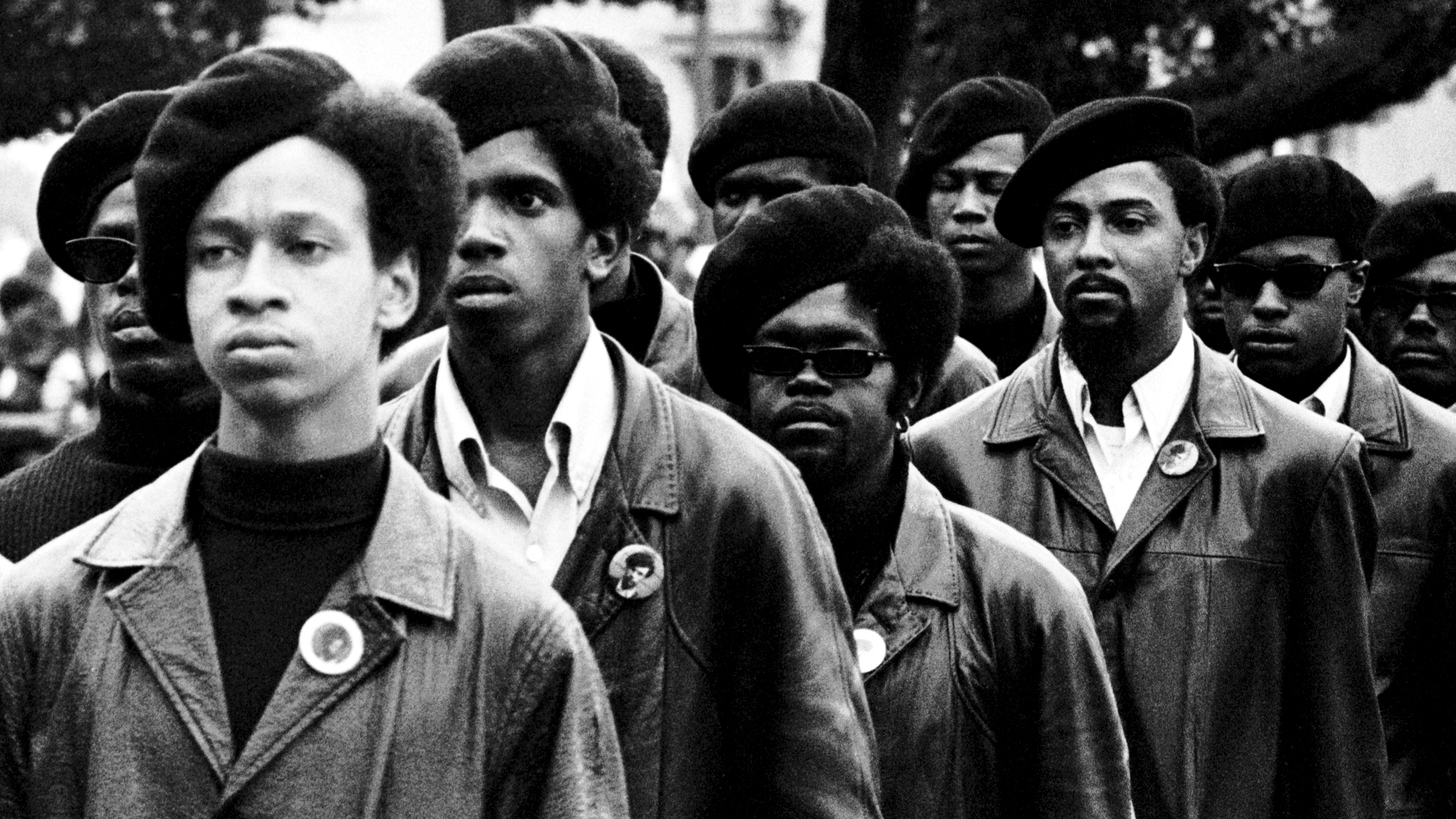
The Black Panther Party was created in 1966 in Oakland, California by Huey P. Newton and Bobby Seale as a self-defense response to continuous police brutality in African American neighborhoods. While the BPP was most commonly recognized for the militant-like conduct and attire of its members, throughout its tenure it worked alongside a number of organizations to address injustice, and was instrumental in providing a number of social services to aid the communities in which it served.
The BPP held community screenings for tuberculosis and shed light on the lack of progress in the fight against sickle cell anemia-- a condition which mostly occurs in people of African descent. In an attempt to rectify the government's failure to act on discrimination against Black people in the medical industry, the Party set up Peoples' Free Medical Clinics, and over time, it continued to build free health clinics in 13 African American communities across the United States.
Dr. William Augustus Hinton “Hinton Test” (1883-1959)
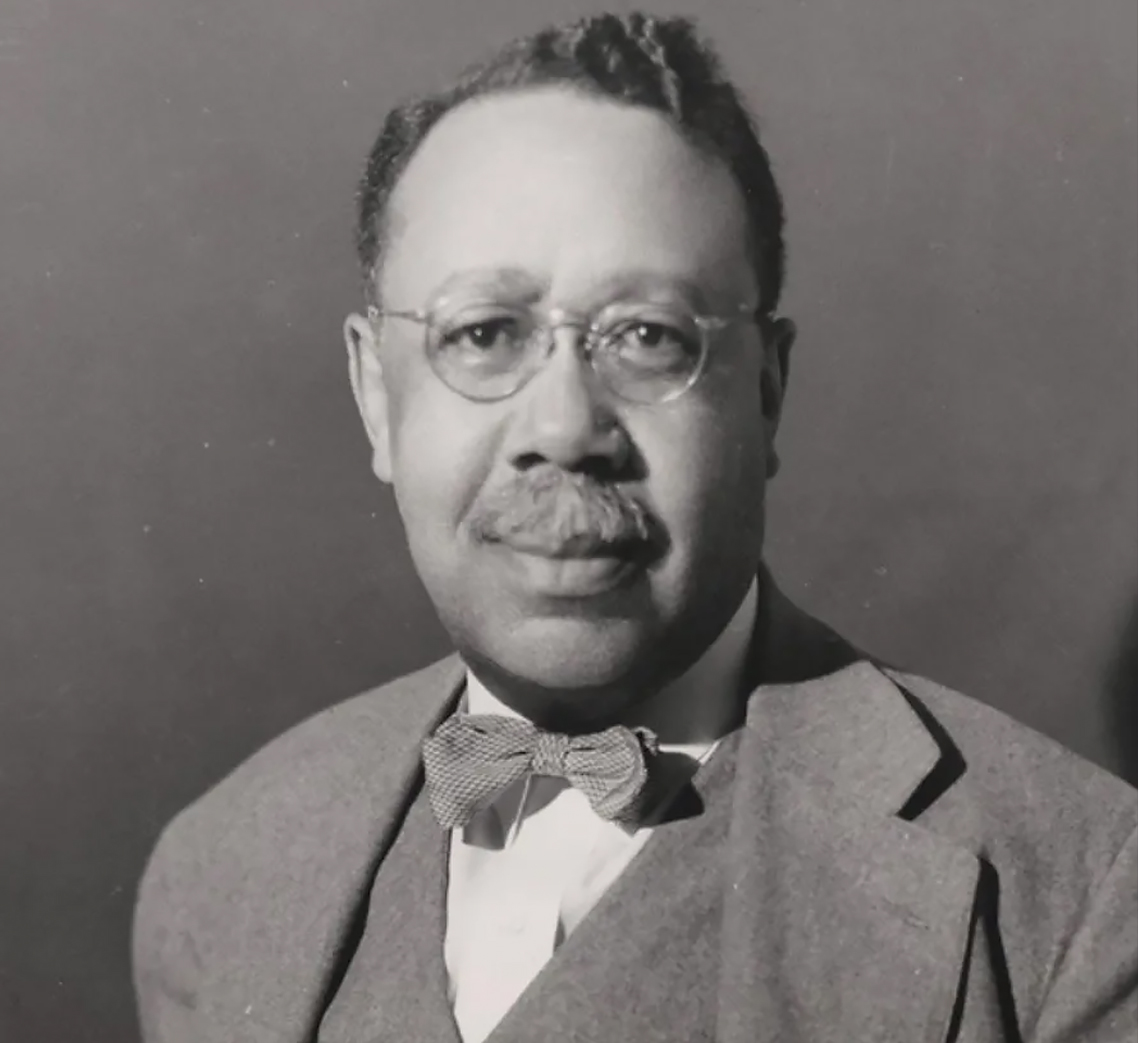
Dr. William Augustus Hinton was born in 1883 to previously enslaved parents. Among many achievements throughout his career was his appointment as full-time professor at Harvard Medical School.
Dr. Hinton's dedication to public health made him a pioneer in the field. As a bacteriologist, pathologist and educator, he is most notably known for his development of a test for syphilis, later dubbed the Hinton Test, which greatly improved the accuracy and reliability of diagnosis. He also developed an improved version, the Hinton-Davies Test, in 1931, and published his first book, Syphilis and Its Treatment, in 1936 -- the first published medical textbook written by an African American.
In 1949, after 30 years of teaching at the institution, Dr. Hinton became the first African American to reach the level of professor at both Harvard University and the Medical School.
Chiquita Brooks-LaSure
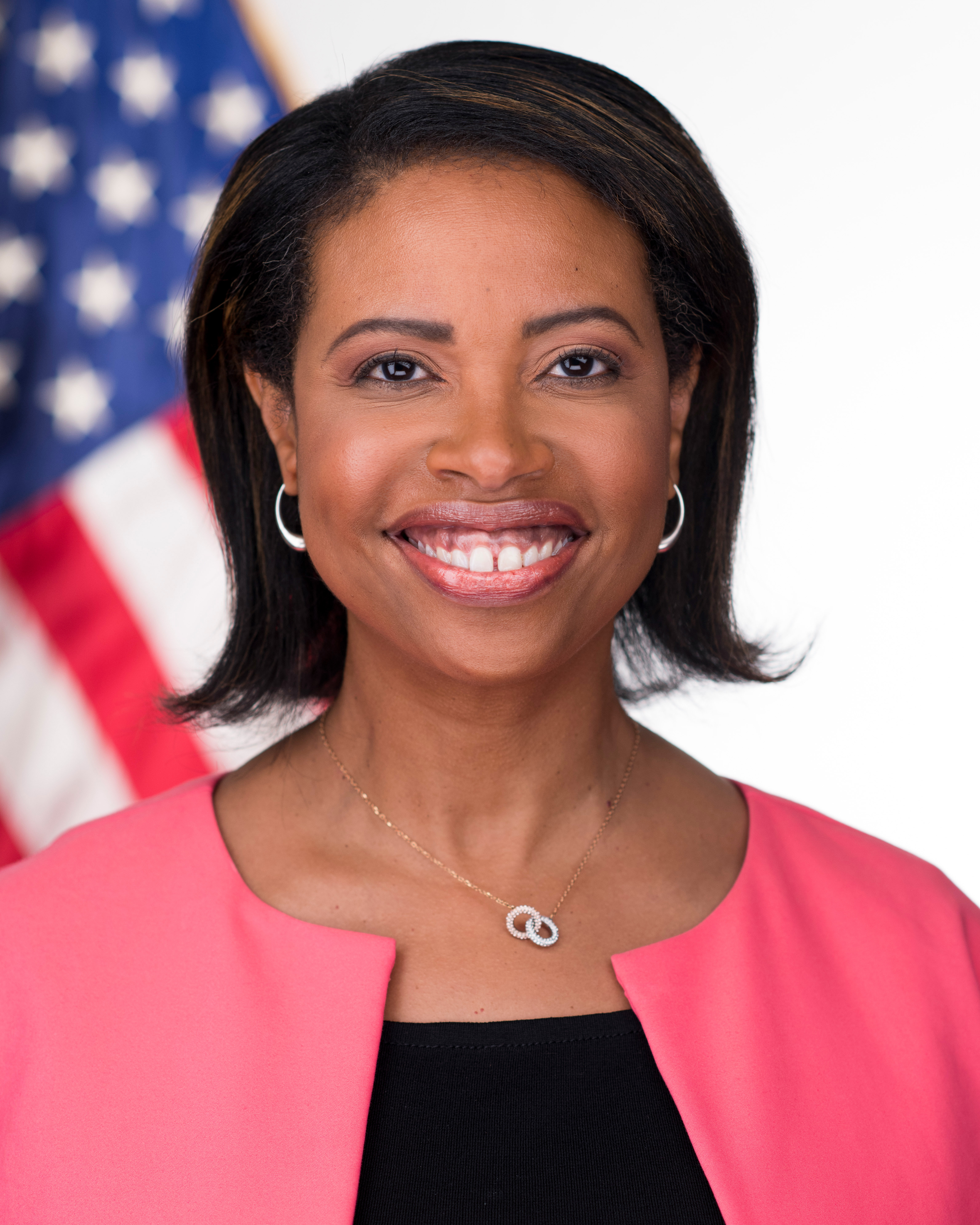
In May 2021 Chiquita Brooks-LaSure was the first African American woman appointed as Administrator for the Centers for Medicare and Medicaid Services (CMS). In this role she oversees public healthcare programs such as Medicare, Medicaid, the Children’s Health Insurance Program, and the HealthCare.gov health insurance marketplace. The CMS alone has a budget of $1 trillion, providing lower-income families and older adults access to healthcare services.
Over her two decades of work in health care policy, Brooks-LaSure has been on a number of teams responsible for the management and improvement of America’s public healthcare systems. Under the Obama administration, Brooks-LaSure assisted House leaders in passing several health care laws -- most notably being the Affordable Care Act, which brought free healthcare to all Americans.
Michelle Williams
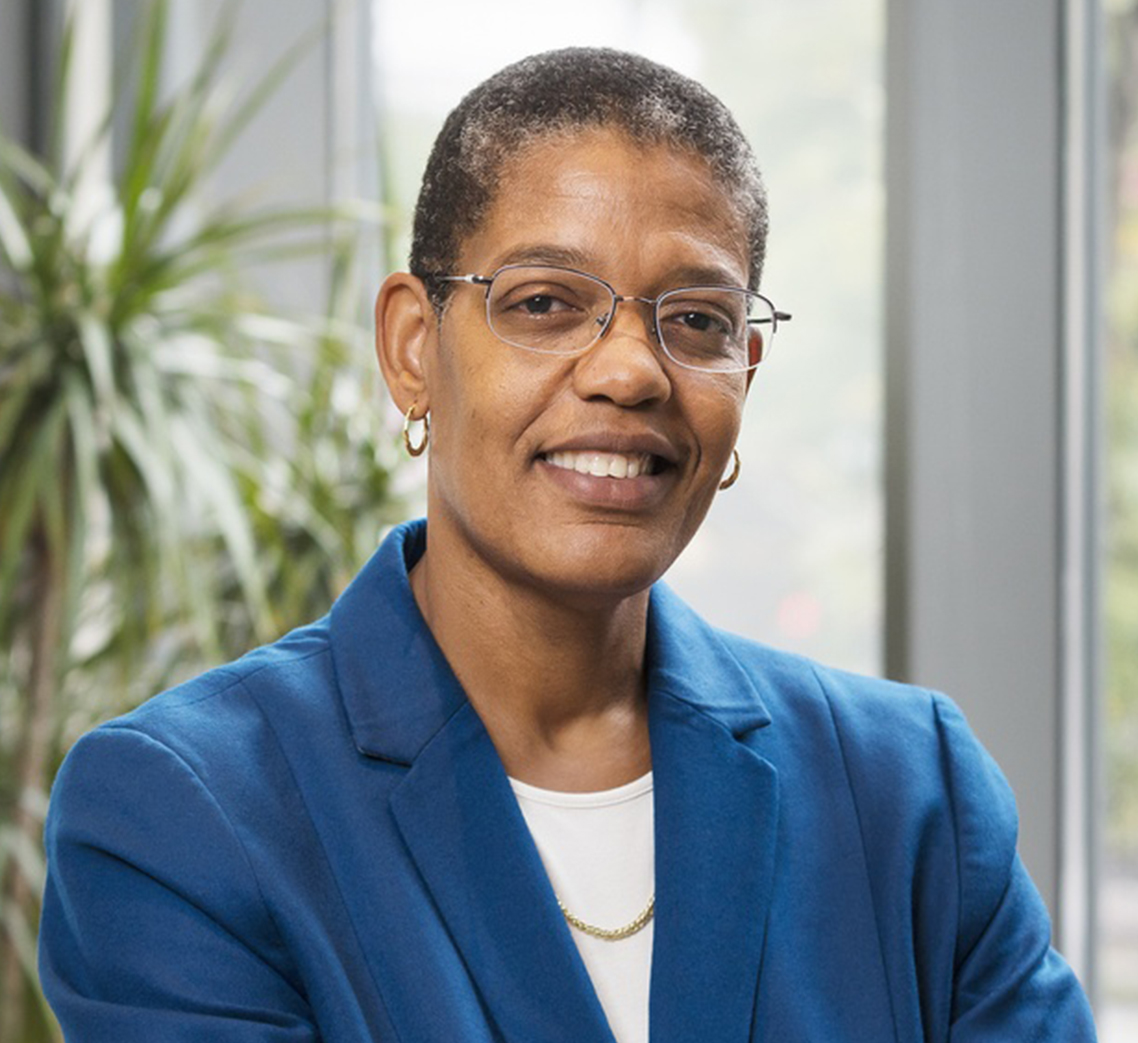
As dean of the faculty at Harvard T.H. Chan School of Public Health, Michelle Williams is a Jamaican-born public health scientist, an internationally-renowned epidemiologist, and an award-winning educator who is distinguished for her pivotal studies on maternal and child health around the globe. Her work centers on reproductive, perinatal, pediatric, and molecular epidemiology.
A prolific researcher also recognized for her excellence in teaching, Williams has led numerous international projects and National Institutes of Health grants, many of them aimed at training those who are underrepresented in science and public health.